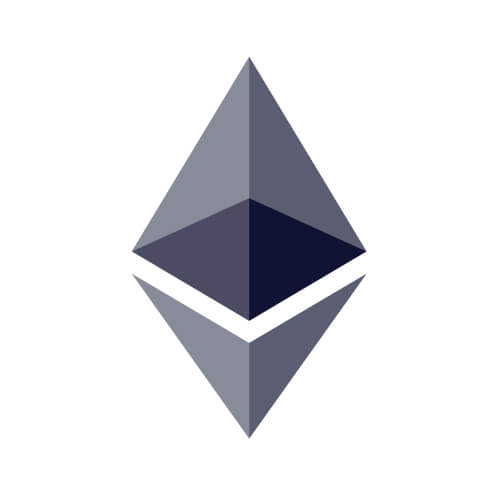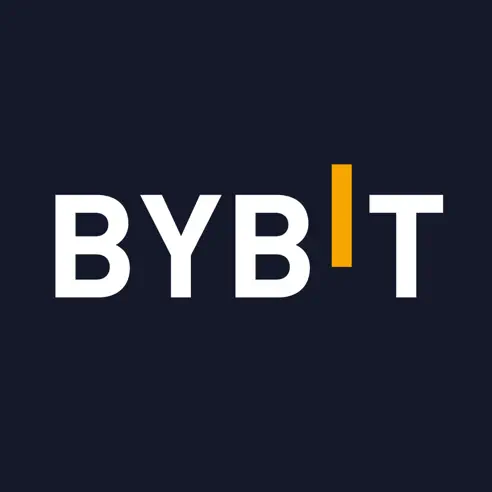Decentralized derivatives platform Hyperliquid has surpassed the most revenue per employee in the world and is at 106 million. It has only 11 real contributors, which have an estimated annualized revenue of 1.167 billion dollars, based on DefiLlama data. This milestone ranks Hyperliquid higher than competitors such as Tether. Which has almost triple the size or OnlyFans that spends over 37 times more per employee. Furthermore, tech giants such as Nvidia, Apple, and Meta that spend between 2.2 to 3.6. million.
High performance, Lean Team
Swap fees on a perpetual futures trading platform gives Hyperliquid its revenue. Part of these trading fees is added to its treasury, to its token holders, and via buybacks, creating direct revenue flowing with trading volume. The automated nature of the exchange keeps this group, small in size, to be able to solely concentrate on establishing their own protocol. Such a decentralized approach to finance mediates a notion of decentralized finance capable of scale. This is without the ballast of a large company headcount.
Ran over 8 months with 89 Million in Revenue
The total of generated funds by Hyperliquid is 589.1 million dollars with 95.6 million attributed to the past 30 days. Its current protocol revenue is third highest after Tether and Circle. Hyperliquid is better in monthly earnings as compared to Tron, Jupiter and Pump.fun. These improvements indicate a rising demand on the market toward the simplified decentralised trading systems. Furthermore support competitive advantages of the platform.
DeFi would have efficiency versus scale of Big Tech.
The success of Hyperliquid shows the difference between the traditions and the decentralized business models. Apple has 164, 000 employees making it generate $383 billion per annum. By comparison, Hyperliquid, an 11-member team is set to achieve 1.2 billion. This model exemplifies how decentralized protocols can produce outsized returns through use of comparatively little operating resources. And establishes a new bar of financial competence in both the cryptocurrency and traditional markets.














